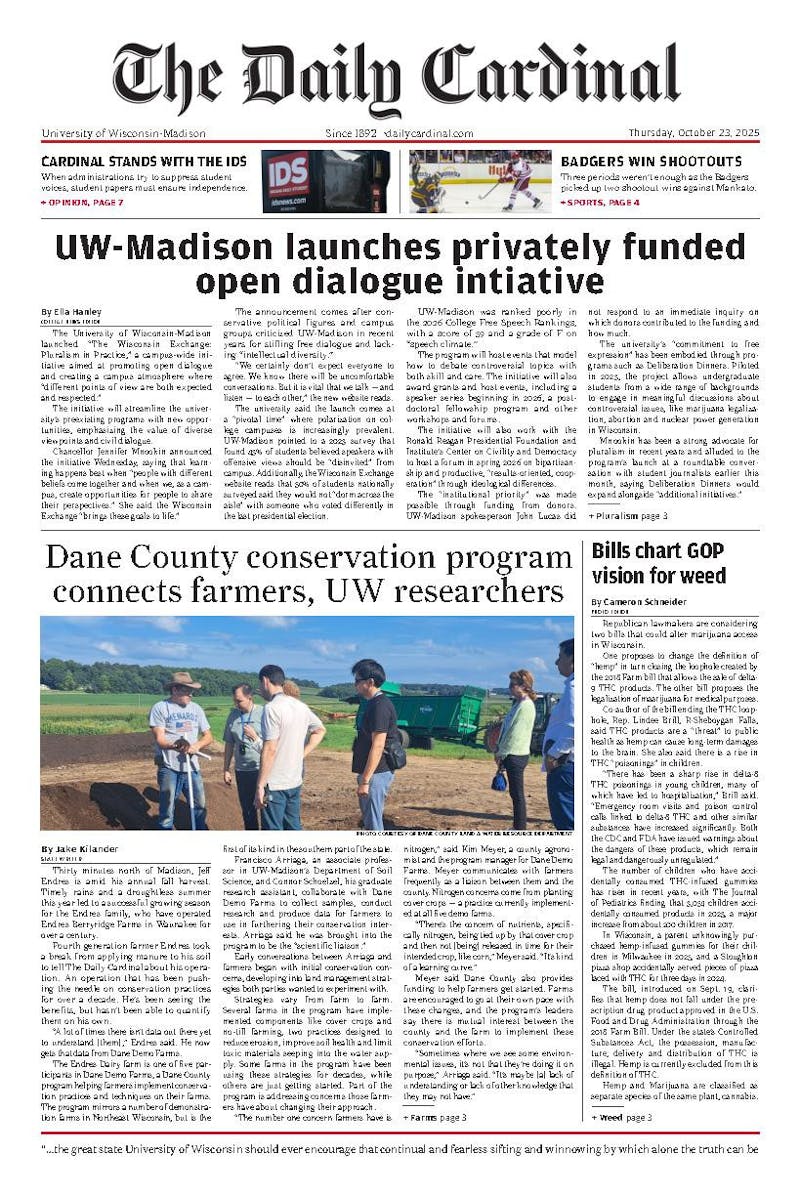I need some help with a challenging assignment. I’m taking an urban development class this semester, because it’s required for my major. This past week, we discussed the differences between zoning laws for commercial versus residential real estate. I didn’t find the chapter very exciting.
Over the next few weeks, however, we are supposed to focus exclusively on infrastructure. Our first assignment is to explore and compare some traffic trends between the U.S. and Canada. We’re supposed to describe a relevant scenario that highlights one of the points, as well.
There aren’t many scholarly articles devoted to this research topic, which is why I need help.
This definitely sounds like a difficult assignment, if only because of how much ground there is to cover. As you might imagine, there are countless differences to catalog when comparing U.S. traffic trends to Canadian ones. First of all, you might be wise to learn some of the more bizarre laws that exist north of the U.S. border. Jason Tchir at The Globe and Mail published a piece highlighting some of the strangest Canadian driving laws. While many are comical and virtually unenforced, that doesn’t mean foreign drivers shouldn’t be privy to them.
Another aspect to consider is how differently Americans and Canadians approach car ownership. Writer Jeremy Cato introduced the top ten differences in car ownership, and you might be surprised with what he reported. For instance, he begins by explaining how Americans believe that owning a car is a God-given right, whereas Canadians can only justify a moderate investment in car ownership. In fact, they frequently consider it a necessary evil, at best. These cultural differences are typically strange to Americans, because car ownership is inherently associated with personal independence and autonomy. Such associations don’t exist the same way in Canada and, therefore, its citizens don’t bother lauding car ownership as Americans do.
Comparing statistics related to automobile collisions and fatalities might also prove intriguing, if also a little morbid. Canada’s National Collision Database (NCDB) maintains figures updated as recently as 2015. Researchers there collect valuable data, demonstrating a number of compelling trends. One important note is the fact that 2015 saw a decrease in the number of serious injuries despite showing a slight increase in fatalities and total injuries. The U.S. Department of Transportation maintains similar records that you can assess.
The most recently reported data that was published by the National Highway Traffic Safety Administration (NHTSA) estimated that almost 37,000 lives were lost 2016 due to a vehicular collision. Those figures absolutely dwarf the ones estimated by our Canadian neighbors to the north. What are implications? The U.S. has a total population of nearly 325 million, whereas Canada only has about 36 million citizens. The magnitude of the difference between the totals plays a large part, but you might have immediately assumed that Americans are much more prone to getting into a collision.
One final aspect to consider is the legal ramifications of being involved in a collision. This is where the U.S. and Canada begin to resemble one another. An accidental vehicular collision almost always demands an official police report, especially if you plan to submit insurance and/or liability claims. That’s why having legal representation is so vital. A Canadian motorist involved in an accident in British Columbia would need a personal injury lawyer if the collision resulted in physical harm. They might consider tapping into local resources, such as Preszler Law. Similarly, an American motorist involved in a serious crash in St. Louis would also likely benefit from a personal injury lawyer.
These examples aren’t exhaustive, but they should be sufficient for a topical conversation.
“Baseball is like driving: it’s the one who gets home safely that counts.” -Tommy Lasorda





